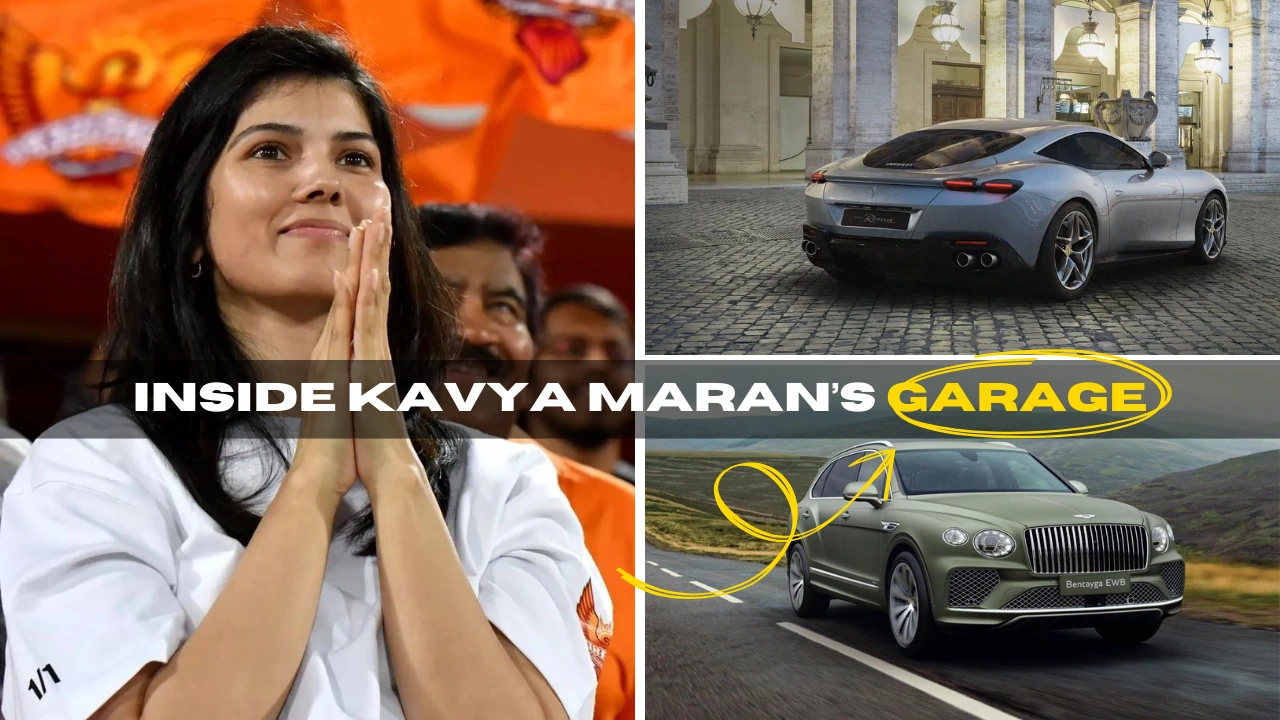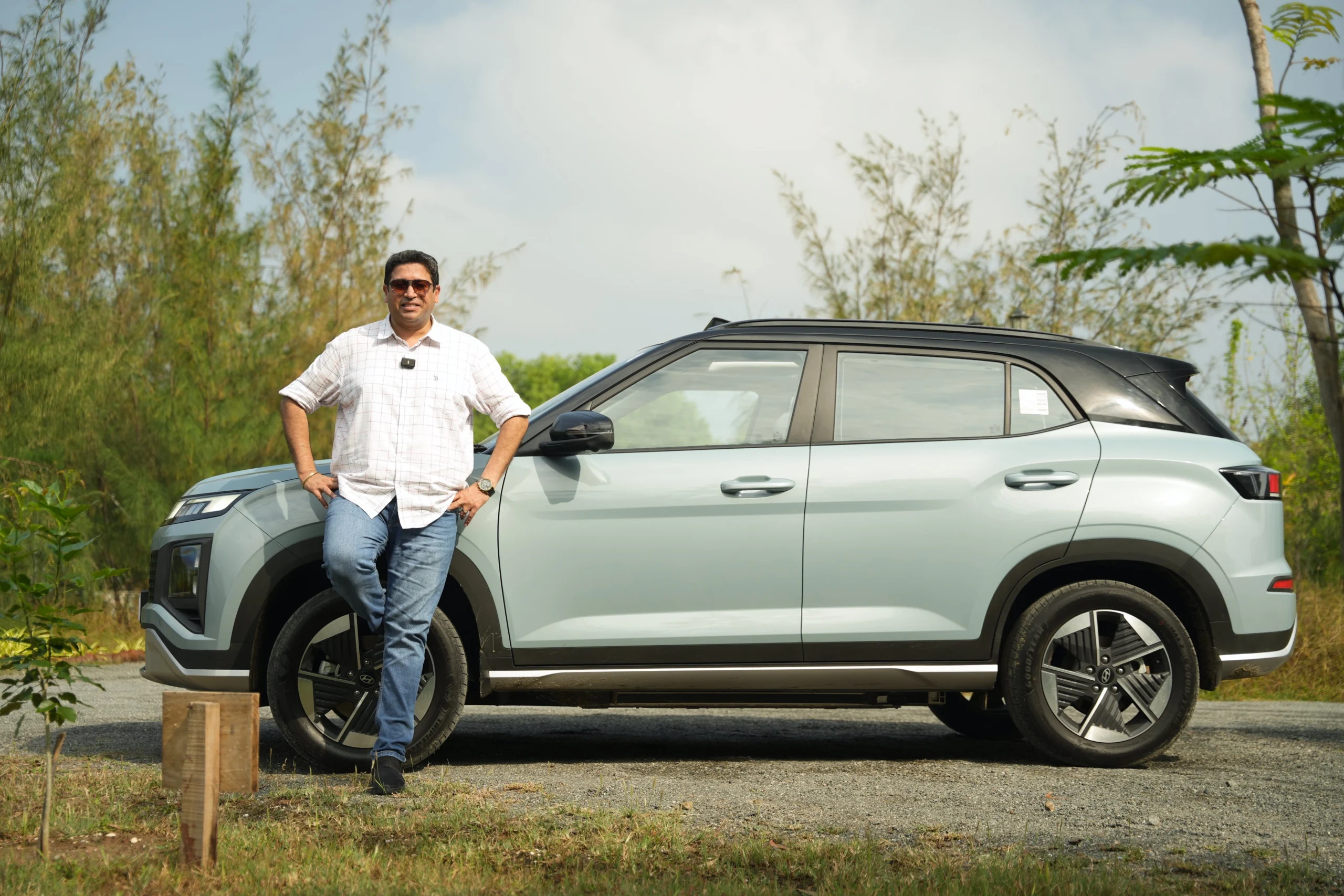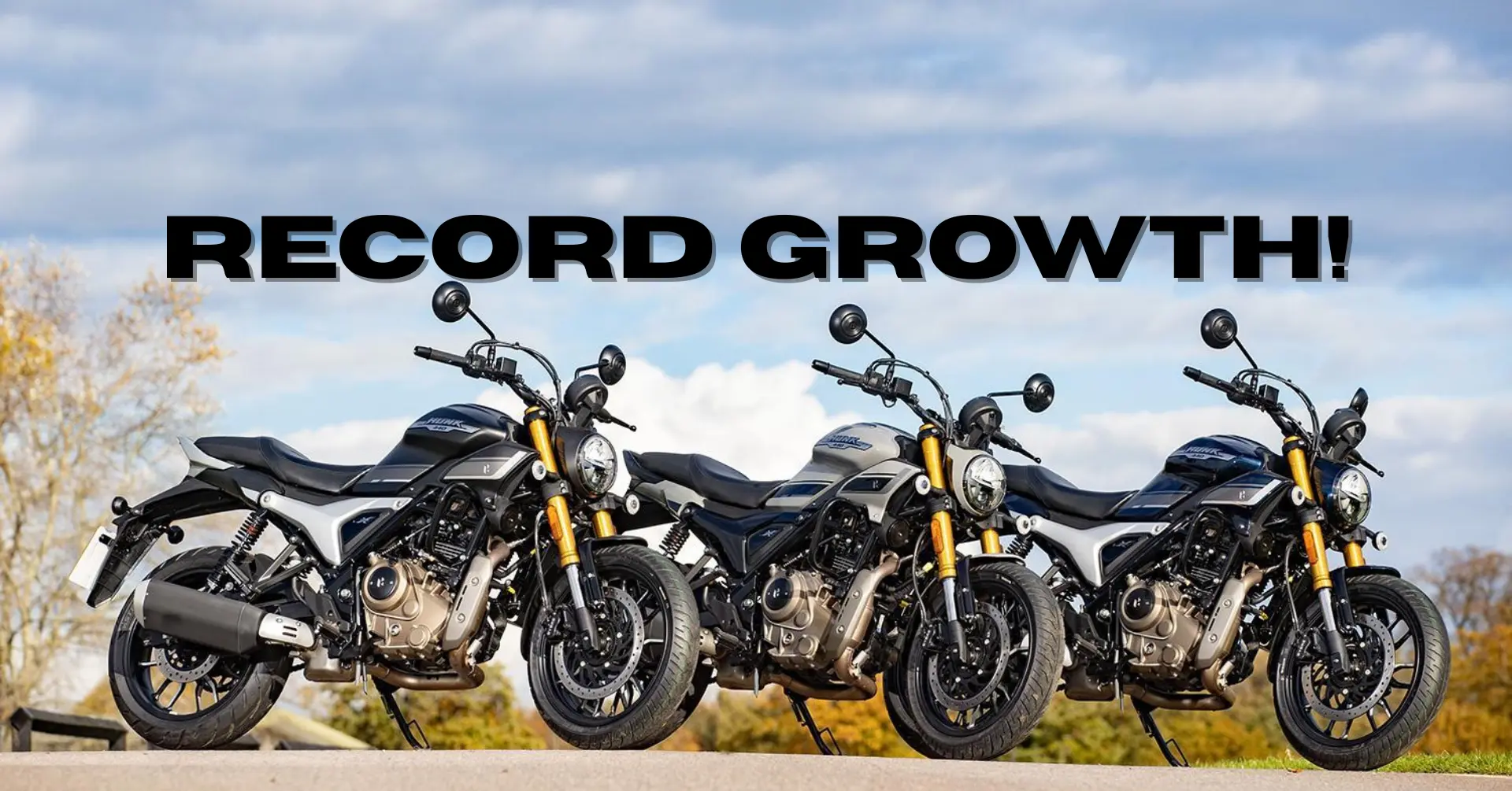Skoda VW Model-Wise Sales Oct 2025 – Kylaq Drives 102% Growth, VW Slips 9%
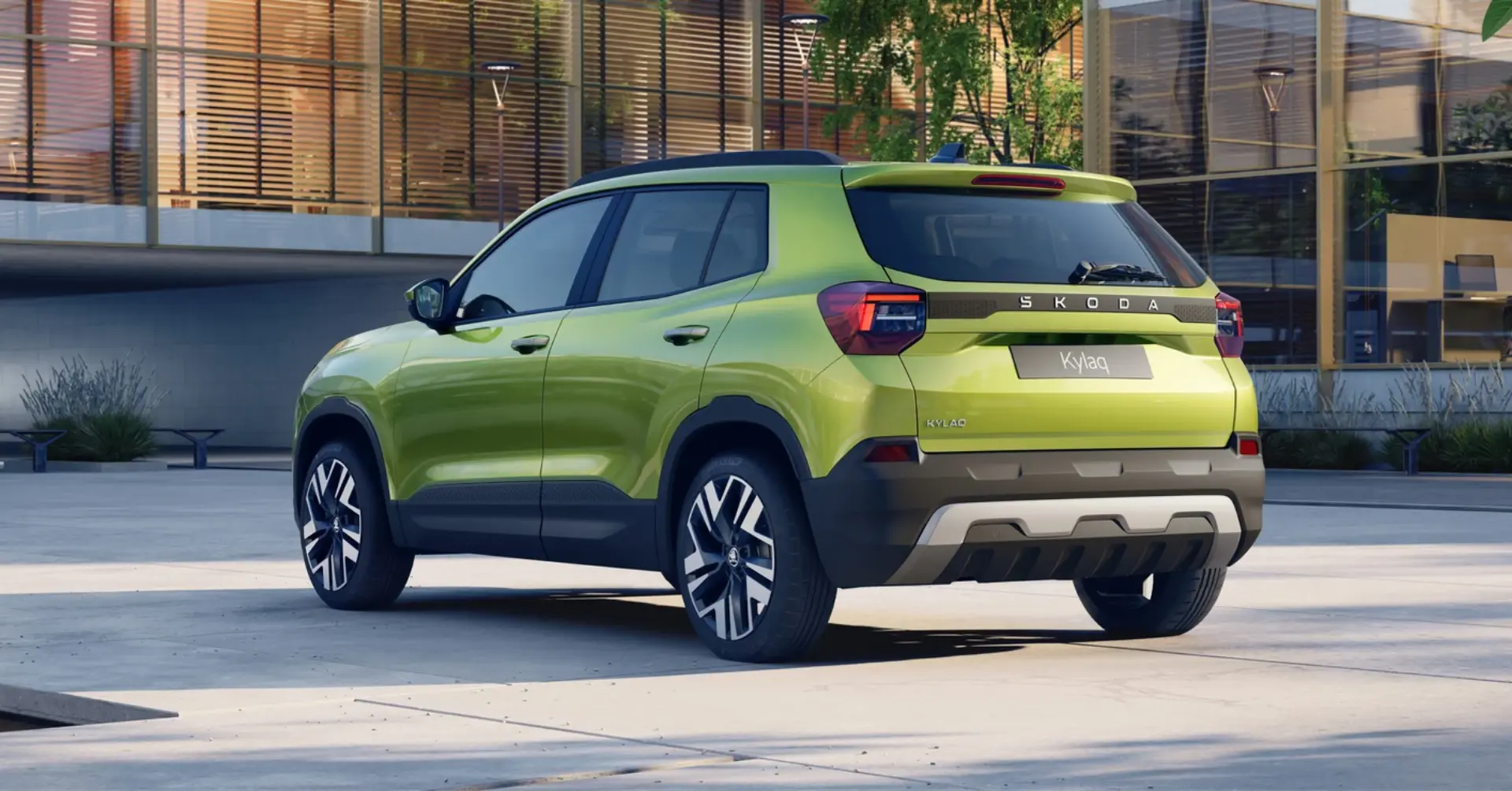
Skoda and Volkswagen, despite sharing platforms and components, posted sharply different results in October 2025. Skoda delivered its strongest month of the year with triple-digit growth, driven almost entirely by the Kylaq’s runaway success. Volkswagen, meanwhile, saw an overall sales decline as the absence of a sub-4 metre offering continues to limit its volume potential in India.
Skoda Sales October 2025 – Kylaq Leads a Massive Surge
Skoda sold 8,252 cars in October 2025, achieving an impressive 102% year-over-year growth compared to 4,079 units in October 2024. The Kylaq dominated Skoda’s charts with 5,078 units, becoming the brand’s biggest breakthrough model in recent years. Its sub-4 metre design, lower GST bracket and attractive pricing have drastically widened Skoda’s reach in the compact SUV segment.
The Slavia followed with 1,648 units, showing only 1% growth from last year. The Kushaq, however, dropped to 1,219 units, marking a steep 45% decline compared to October 2024. Skoda’s premium models performed relatively better. The Kodiaq recorded 305 units, up 46% year-over-year, while the CBU-imported Octavia RS added 2 units. The Superb continues to show zero dispatches as the company prepares its next generation.
Volkswagen Sales October 2025 – 9% Decline Without an Entry-Level Car
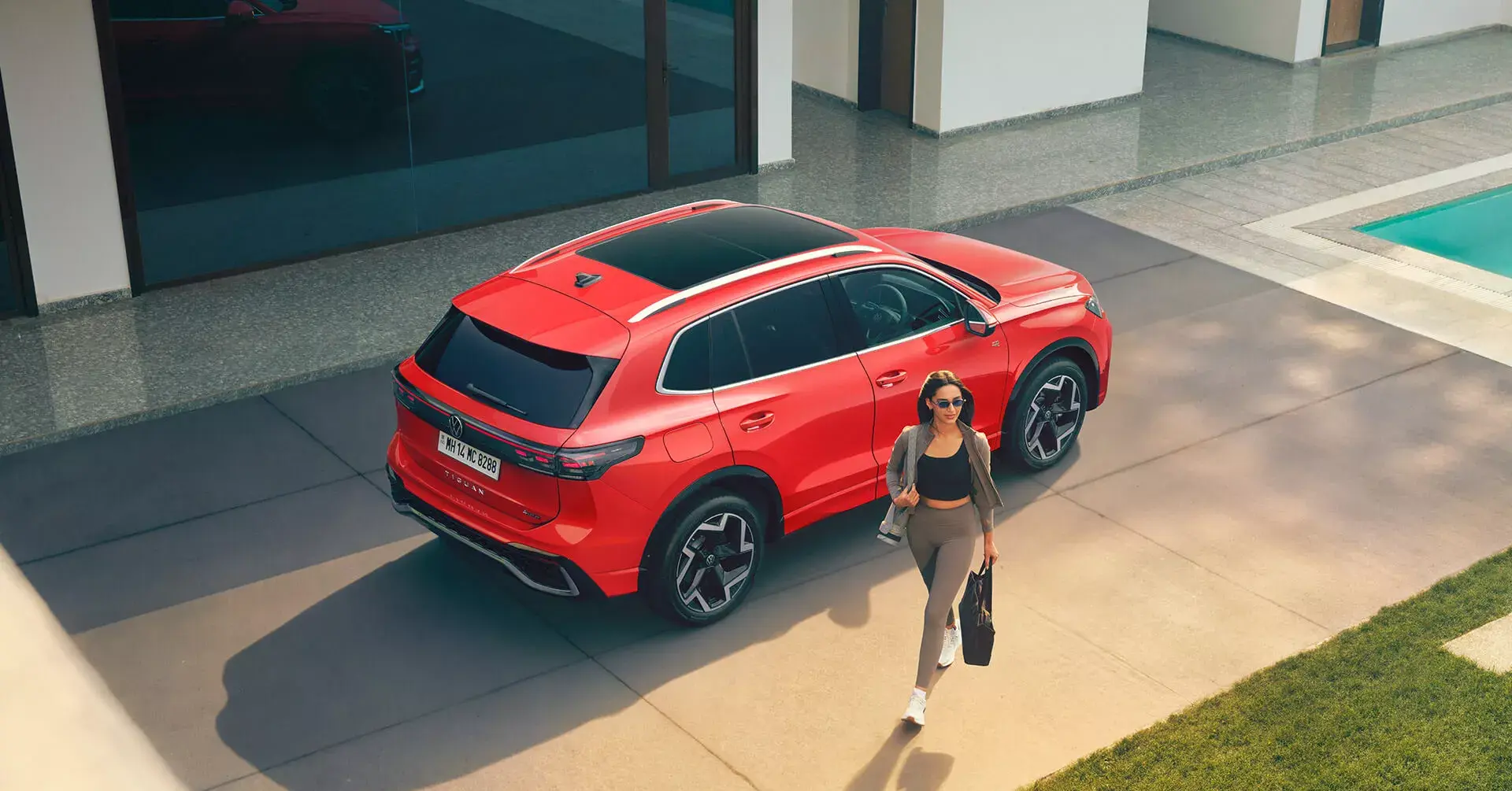
Volkswagen sold 4,048 cars in October 2025, down 9% from the 4,458 units sold in the same month last year. With no sub-4 metre product, VW continues to face a pricing disadvantage, especially as Skoda benefits massively from the Kylaq’s strong demand.
The Virtus led Volkswagen’s lineup with 2,453 units, posting a mild 4% increase over October 2024. In contrast, the Taigun slipped to 1,560 units, witnessing a considerable 23% decline. Premium CBU models saw even sharper drops. The Tiguan, now fully imported, registered just 33 units compared to 79 units last year. The Golf GTI contributed 2 units to VW’s tally.
Why Skoda Surged While VW Slipped
The Kylaq has effectively solved Skoda’s long-standing gap in the entry-level segment, allowing the brand to benefit from lower GST and high mass-market appeal. Volkswagen, without a similar offering, faces a higher starting price that restricts overall footfall.
Additionally, Volkswagen’s heavier reliance on expensive CBU imports has reduced its premium segment volumes. Meanwhile, Skoda’s mix of locally assembled SUVs and sedans continues to offer better value and pricing flexibility.
With upcoming launches planned for 2026, Skoda’s momentum could grow even stronger. For Volkswagen, a new entry-level product may be essential to regain lost ground and stay competitive in India’s fast-moving compact SUV and sedan segments.
